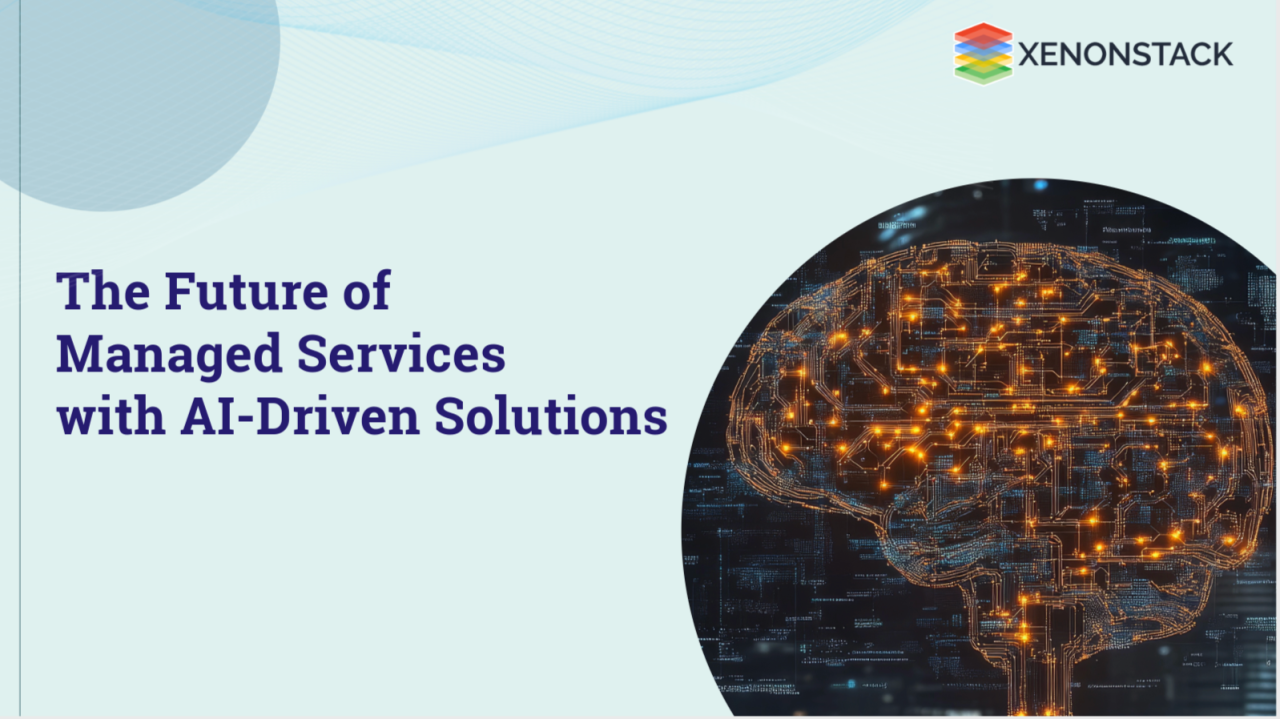
Unlocking Potential: The Game-Changing Impact of Large Language Models on Managed Services
XenonStack
Data and AI Foundry for Autonomous Operations #agenticworkflow #aiagents #decisionintelligence #causalai
Overview of Managed Services
Managed Services is an outsourcing model where providers take charge of overseeing an organization's IT systems, applications, and infrastructure. These services cover various functional needs, including surveillance, security, IT support, backup, and restoration. Large businesses increasingly rely on Managed Service Providers (MSPs) to reduce costs and overhead, allowing them to focus on core business functions rather than technology issues.
The Evolution of Managed Services
Historically, managed services utilized playbooks and automated processes for operational management. However, the evolving IT landscape necessitates more intelligent, scalable, and proactive solutions. Technologies like artificial intelligence (AI) and large language models (LLMs) are transforming service delivery, making it more efficient and user-friendly.
The Role of Large Language Models (LLMs) in Modern IT
LLMs, such as OpenAI’s GPT, enhance IT solutions by enabling automation, real-time data analysis, and intuitive user interactions. By integrating LLMs, managed services can shift from reactive to proactive methodologies, offering features like error prediction and automatic repairs.
Use Cases for LLMs in Managed Services
领英推荐
Architectural Considerations for LLM-based Solutions
Challenges in Implementing LLMs
Conclusion
The integration of LLMs into managed services represents a significant advancement in how organizations operate, enabling automation and improving customer satisfaction. However, challenges such as data privacy and cost management must be addressed. By strategically leveraging LLMs, MSPs can offer innovative, flexible services that adapt to future IT environments, securing a competitive edge in the marketplace.
Explore Further